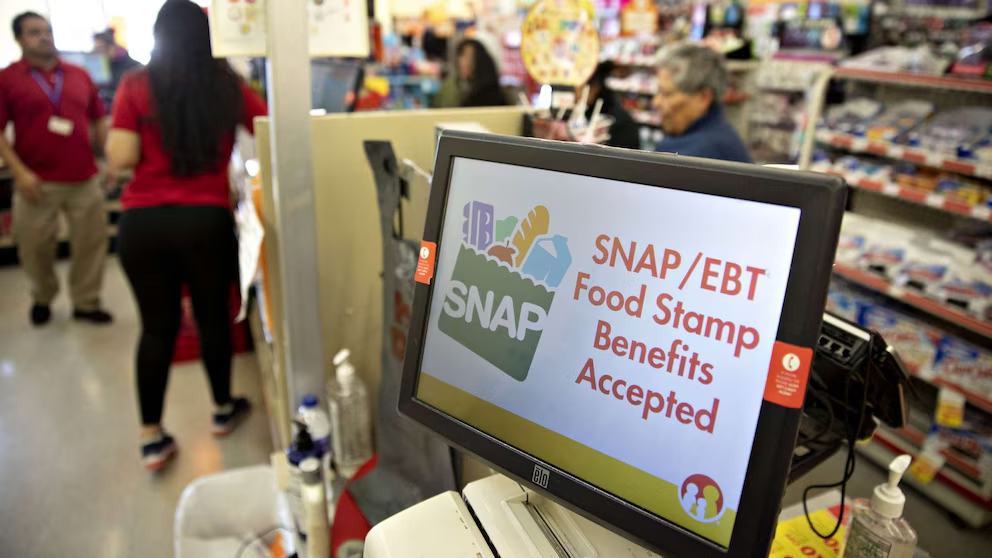SNAP recipients in more states are about to find that their benefits come with new strings attached. In 2025, the Trump administration greenlit a wave of state-level waivers allowing for restrictions on what can be purchased with SNAP, including bans on junk food and sugary drinks.
While marketed as a push toward “healthier choices,” critics say it’s a tone-deaf policy that micromanages low-income families and reinforces stigma around food assistance.

What’s Actually Banned?
Under these new state waivers:
- Sugary drinks like soda and sweetened juices are prohibited
- Chips, candy, and processed snack cakes are ineligible
- Frozen desserts like ice cream may also be restricted
- Some states are exploring bans on energy drinks and bottled sweetened coffees
States like Florida, Arkansas, and Missouri have already submitted and received approval for these changes, with more expected to follow by fall 2025.
Who Decides What’s Healthy?
The USDA has traditionally resisted SNAP restrictions, but under the current administration, it’s pivoting to allow more state autonomy.
But the big question remains: Who gets to define junk food?
Nutritionists argue that these restrictions aren’t always grounded in science and overlook the real issue — access. Fresh produce and unprocessed foods often cost more and take longer to prepare. For many working families, convenience is a necessity, not a luxury.

The Bigger Picture: Public Health or Political Theater?
Supporters of the bans argue that SNAP shouldn’t subsidize foods that contribute to obesity and chronic disease. But opponents see the policy as an overreach that ignores the real causes of poor health: poverty, inequality, and lack of education.
There’s also concern that this opens the door for more invasive policies and increased surveillance over how low-income Americans eat.
It begs the question: If food freedom exists, who gets to have it?
What You Can Do
If your state is implementing these bans, here are a few ways to adapt and respond:
- Check your state’s SNAP website to see which items are restricted
- Use apps like Fresh EBT to track eligible items and find affordable produce
- Contact your state legislators to voice support or concern
- Follow community orgs that advocate for equitable food access

“The Trump administration, through Agriculture Secretary Brooke Rollins, is implementing significant changes to the Supplemental Nutrition Assistance Program (SNAP) to promote healthier eating habits.”
This isn’t about nutrition. It’s about control. If we want people to eat better, we need to give them better options — not fewer choices. Restricting SNAP purchases doesn’t address the core issue of food insecurity. It just changes the terms.
If you believe that dignity and access should come before policy experiments, speak up. Share this story. Contact your lawmakers. And subscribe to The Fender Bender Mag for weekly updates that pull back the curtain on how public policy hits real people.






